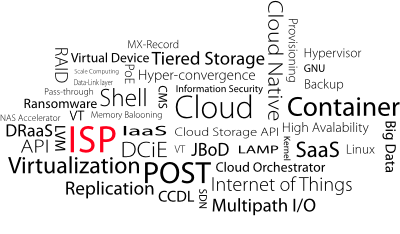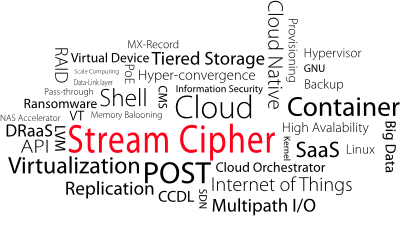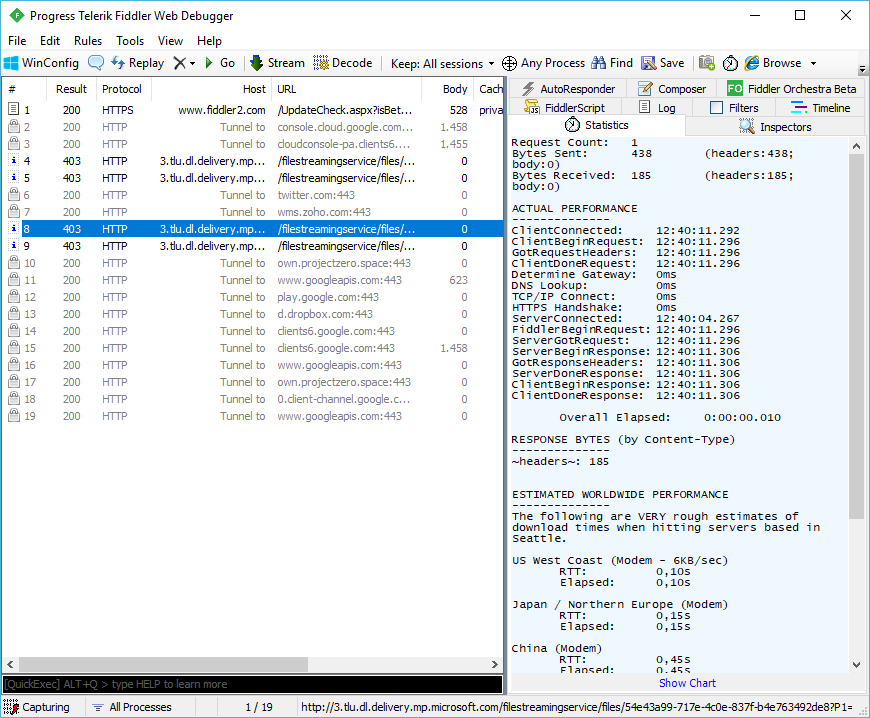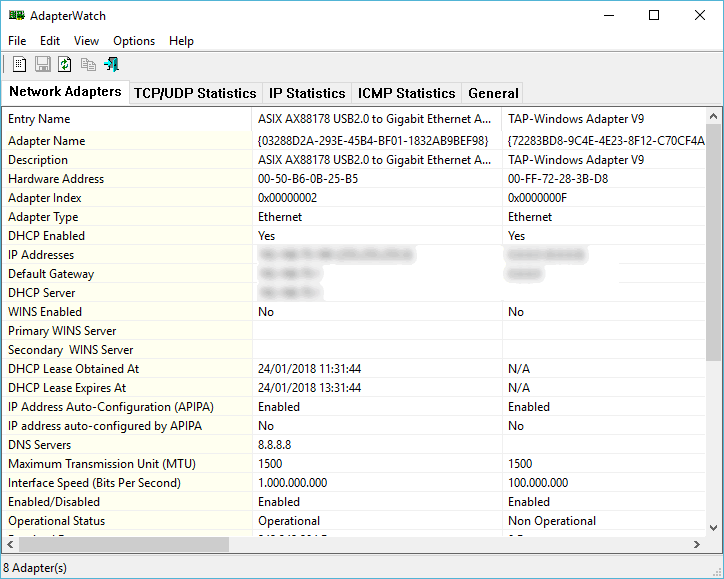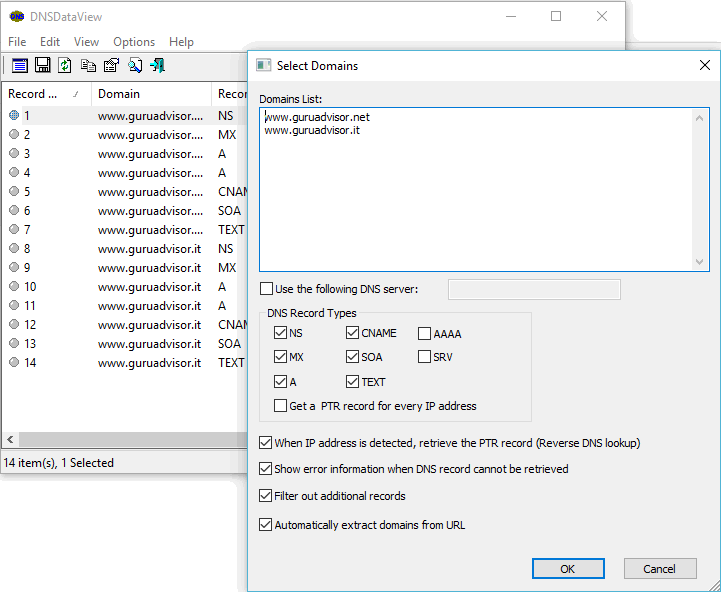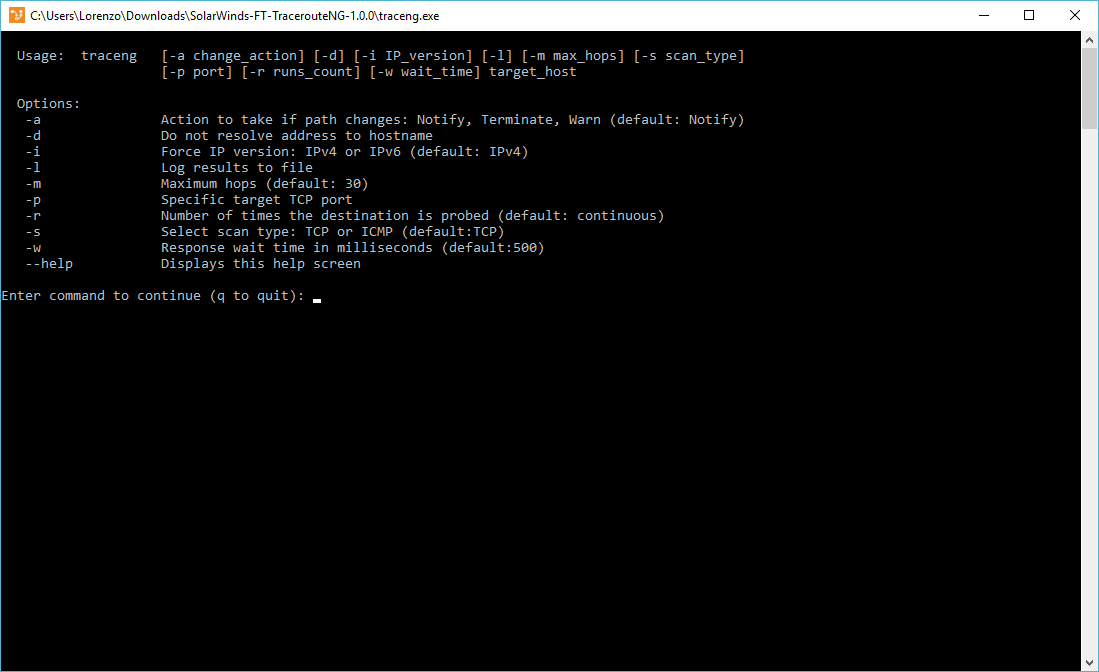- Details
-
Category: Word of the Day
-
Published: Tuesday, 17 April 2018 10:30
-
Written by Guru Advisor
In the field of Information Technology, the term piggybacking refers to situations where an unauthorized third party gains access to protected systems, exploiting the collaboration with an entity that is authorized to do so.
- Details
-
Category: Word of the Day
-
Published: Friday, 13 April 2018 10:30
-
Written by Guru Advisor
Hold Down Timer is a technique used by network routers. When a node receives notification that another router is offline, it starts a tolerance timer to allow time for offline devices to recover, without having to update their respective routing tables accordingly.
- Details
-
Category: Word of the Day
-
Published: Thursday, 12 April 2018 10:30
-
Written by Guru Advisor
Blockchain is a process in which a set of subjects (or nodes) shares computing and computing resources, to make available to the community a virtual database in which each participant has a copy of the data contained. The system is regulated by a cryptographic protocol considered safe by the community itself.
- Details
-
Category: Word of the Day
-
Published: Thursday, 12 April 2018 10:30
-
Written by Guru Advisor
The acronym LRDIMM (Load Reduce DIMM) indicates a specific type of RAM memory (of the Registered DIMM family) that replaces the memory register with an isolated circuit called Isolated Memory Buffer. This component buffers commands, memory addresses and data signals and isolates the host controller's memory chip. In practice, the physical host "reads" only the iMB chip upstream of the desk and allows an increase in storage capacity up to 100%.
- Details
-
Category: Parola del giorno
-
Published: Thursday, 12 April 2018 10:30
-
Written by Guru Advisor
WSL stands for Windows Subsystem for Linux, a resource that makes possible to run Linux commands on Windows systems, allowing developers to work on Windows machines and leveraging commands of the open source OS. It was introduced in Windows 10 version 1607.
- Details
-
Category: Word of the Day
-
Published: Wednesday, 11 April 2018 13:30
-
Written by Guru Advisor
The term Cloud Orchestration describes the techniques of cloud process automation to certain goals. Unlike simple automation, which deals with individual and specific tasks, orchestration "understands" and manages entire sets of tasks and processes.
- Details
-
Category: Word of the Day
-
Published: Wednesday, 31 January 2018 13:30
-
Written by Guru Advisor
IRQ (Interrupt Request) indicates an asynchronous signal sent to the processor by a certain device that implies the execution of a certain command.
This kind of interrupts is generated by the hardware parts the machine is composed, unlike software IRQs that are generated by a certain software state, so not related to a physical device.
- Details
-
Category: Word of the Day
-
Published: Tuesday, 30 January 2018 13:30
-
Written by Guru Advisor
IPsec (Internet Protocol Security) is a set of protocols that provide security for the IP protocol itself, like additional authentication options, integrity control a data encryption. It’s often used to realize secure VPN networks.
- Details
-
Category: Word of the Day
-
Published: Monday, 29 January 2018 13:30
-
Written by Guru Advisor
The term ISP, which stands for Internet Service Provider, refers to these companies that provide their clients with Internet connectivity. This service is offered using different technologies; traditionally, via twisted-pair cabling, and more recently, optical fibre (to-the-home or to-the-cabinet).
- Details
-
Category: Word of the Day
-
Published: Friday, 26 January 2018 13:30
-
Written by Guru Advisor
The term load balancing describes a series of techniques used to distribute the (computational) workload in a dynamic manner among the resources of an infrastructure like CPU, memory, network interfaces or storage devices. The goal of load balancing is to handle tasks in a quick and reliable way, and to appear as a single entity to the external world.
- Details
-
Category: Word of the Day
-
Published: Thursday, 25 January 2018 13:30
-
Written by Guru Advisor
The term NsLookup refers to a useful tool included in most operating systems that can perform an inspection (look up) of IP addresses and can send specific queries to DNS servers. These includes the resolution of a domain name as an IP and vice versa.
- Details
-
Category: Word of the Day
-
Published: Wednesday, 24 January 2018 13:30
-
Written by Lorenzo Bedin
In the context of IT infrastructures, the term (server) consolidation describes a situation where a physical server runs one or more software server applications as multiple instances. This way, computational resources can be shared more effectively between different software applications.
A typical example of consolidation is the P2V conversion of physical environments on hosts with hypervisors.
- Details
-
Category: Word of the Day
-
Published: Tuesday, 31 October 2017 13:30
-
Written by Lorenzo Bedin
The term Microkernel indicates a certain code (or software) that maintains the least number of functions and instructions to implement an operating system. A microkernel must be able to handle basic mechanisms of the system, thus having a flexible base to build the entire operating system upon.
- Details
-
Category: Word of the Day
-
Published: Tuesday, 31 October 2017 13:30
-
Written by Lorenzo Bedin
The term monolithic kernel refers to that part of the operating system that manages a complete access to I/O devices, memory, hardware interrupts and CPU stack. This type of kernel tends to be larger than other typologies, because it integrates many functions at the same level.
A monolithic kernel is at the basis of operating systems like Unix, Linux, macOS and DOS.
- Details
-
Category: Word of the Day
-
Published: Monday, 30 October 2017 13:30
-
Written by Lorenzo Bedin
Don't be Evil is an internal Google standard conceived by Paul Buccheit and Amit Patel with the goal of promoting a corporate culture where client satisfaction and long term benefits are to be preferred to short-term profit.
- Details
-
Category: Word of the Day
-
Published: Friday, 27 October 2017 13:30
-
Written by Lorenzo Bedin
ZOPE is the acronym of Z Object Publishing Environment and indicates an open source Web Server developed in Python, which allows developers to craft Web applications. The platform comes with all basic components already installed and it's structured in such a way to store templates, scripts and contents database in a single solution.
- Details
-
Category: Word of the Day
-
Published: Thursday, 26 October 2017 13:30
-
Written by Lorenzo Bedin
The term Random Forest refers to a construct used in Artificial Intelligence and Machine Learning. Specifically, it's a set of decision trees that outputs the sum of single trees.
- Details
-
Category: Word of the Day
-
Published: Thursday, 26 October 2017 13:30
-
Written by Lorenzo Bedin
The term Bezel describes the external chassis of a computer, monitor or other device. The valutation of the bezel's size is fundamental when designing the object and when the users uses it, like in the case of tablets, smartphones and mobile devices.
- Details
-
Category: Word of the Day
-
Published: Wednesday, 25 October 2017 13:30
-
Written by Lorenzo Bedin
The acronym CPM, which stands for Critical Path Method, is an algorithm to plan and schedule objects that have several activities and require complex and dependant interactions. This tool is very useful to catalog critical tasks and minimize conflicts and bottlenecks.
- Details
-
Category: Word of the Day
-
Published: Wednesday, 25 October 2017 13:30
-
Written by Lorenzo Bedin
RSA cryptography is a data cryptography technique developed by RSA Data Security that leverages a public key system. The system itself relies on the complexity to factor very large prime numbers, even with humongous computational resources. On the other hand, with the public key-private key pair, the encryption/decryption process can be very fast.
RSA is the standard used to encrypt data with public keys, in particular with Internet.










